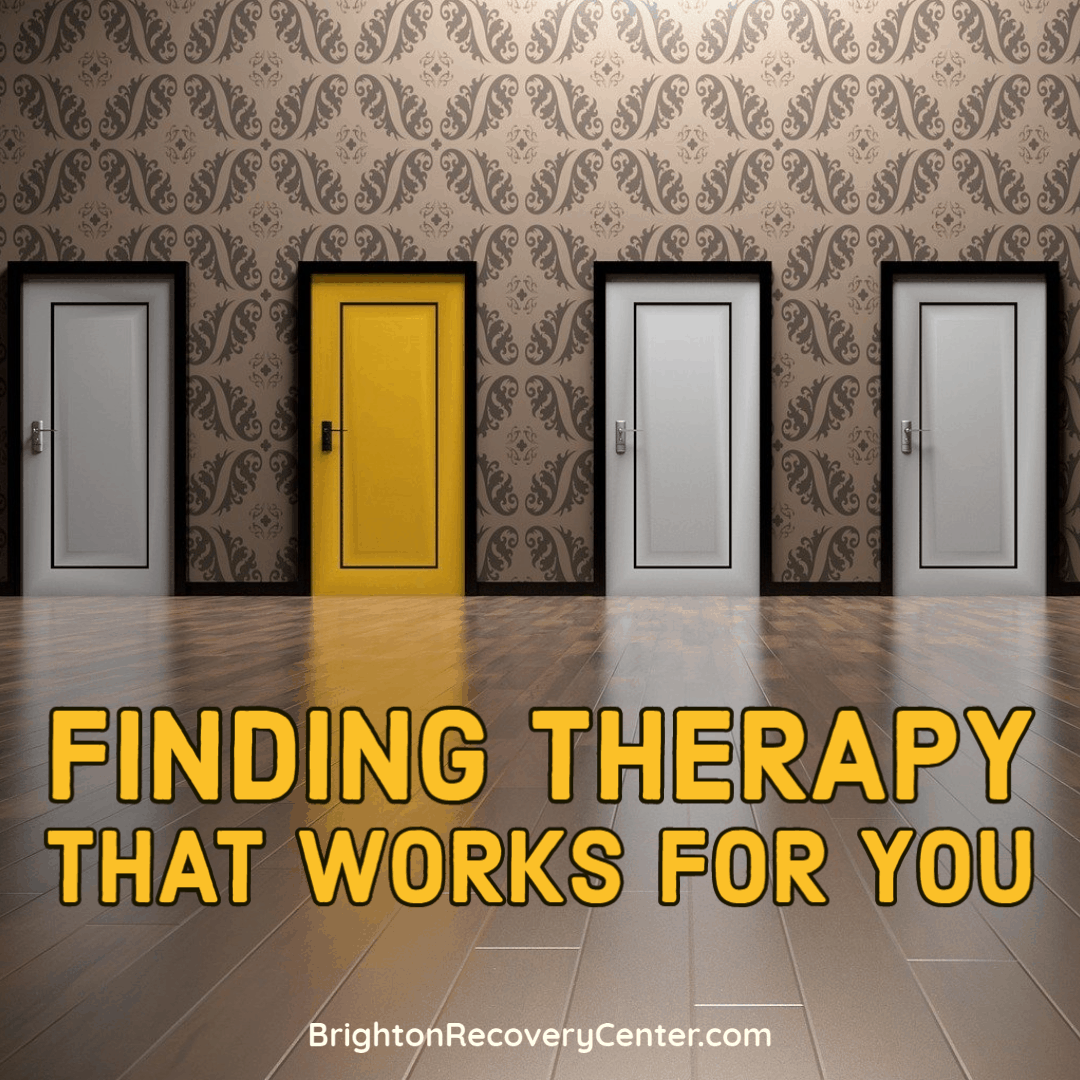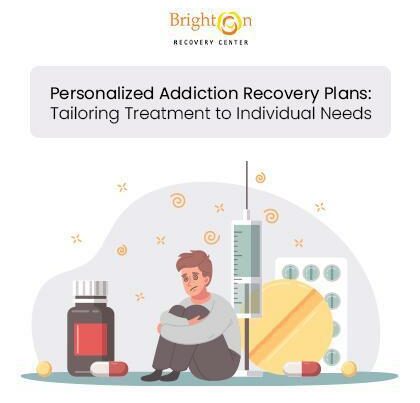Finding Therapy that Works For You

There are enough barriers that can prevent someone from finding the therapy they need with addiction or mental health disorders. Monetary reasons, or deeply held fears and guilt all can make someone feel as though they have to deal with their problems alone. When someone takes the first steps through the doors to a professional recovery facility, it is therefore important that they receive the right treatment for their specific issues.
There are many factors that go into someone deciding what treatment would be best for them, and what kind of therapy is appropriate for their recovery path. Being open and honest about the level of care that someone needs, as well as being vigilant about choosing a therapist that works for them can mean the difference between having an effective recovery or not.
Personal and Professional
When working with a therapist, psychologist, or social worker, it is important to know exactly how personal versus professional someone wants the relationship to be. For some, keeping things strictly professional is best, as it allows them to focus on direct points and discuss options more readily. Other people will prefer a more personal approach, allowing each person to divulge more personal information about their lives and share stories.
This approach can help build trust between the parties, and make future conversations easier when addressing difficult topics. Each is beneficial in their own way. However, the patient ultimately chooses the type of relationship they want to have with their therapist. That being said, there will always be a personal-professional line that cannot be crossed.
Individual, Group, or Family
Each different kind of therapy has its own models. When seeking out aid for addiction or mental health disorders, it is important to know which of the session models that someone prefers. Individual therapy allows someone to have a more direct, one-on-one interaction with their therapist. This allows for more personalized, focused treatment on the unique problems that an individual faces.
However, it is typically more expensive and does not address the social component as much as group therapy does. Group therapy is useful in addressing how an individual interacts with other people as well as establishing a social practice. It is also useful in modeling the behaviors and strategies of other peers, rather than relying only on the individual, limited scope.
Group therapies, however, are less malleable in their scheduling and will require adjustments outside of the therapy sessions. Family therapies specialize in addressing the family unit and create a safe space for families to communicate. However, they also require all members of the family to be on board; even one reluctant member can stunt the progress as a whole.
Talking and Listening
During sessions with one’s therapist, it is important to take note of how much time each person spends talking or listening. Some people may come into the appointment and want to get everything off of their chest, and thus prefer a relationship where the conversation is dominated by the patient as they work through and vocalize their difficulties.
Other patients may prefer a more fluid, back and forth style. Patients also need to understand the importance of valuing their therapist for how well they actively listen. Even if someone is listening and trying to connect with a patient, there may be barriers between the two people that would hinder the process, due to differences in communication style. Effective communication is the backbone that supports the recovery process.
Setting Goals and Expectations
When beginning therapy of any kind, it is important to have a goal in mind. These take the forms of long-term goals as well as day-to-day successes. Having goals lined up, or working with a professional to establish them, is important in guiding recovery. For people suffering from addiction to alcohol, it can take the shape of maintaining ongoing sobriety and holding a job, while also getting through a day without acting on an urge to drink.
Being open about these goals is the roadway that establishes goals for both the patient and their therapist to work toward. If these goals are not clear, or it doesn’t seem as if the therapist has the same goals as the patient, there should be an additional conversation or the patient should begin looking for other options.
It’s Okay to Change
Finding therapy that works perfectly well with someone can be difficult. Someone can go through a few appointments and come to the conclusion that a certain professional isn’t the right fit for them. This is okay; this happens. What is important is that the person continues to look for the right fit, and has the goal of recovery in mind the whole time. It may take a couple of tries to find a therapist that can help a person meet their goals.
The goal of seeking treatment is having an effective relationship with the professionals that are part of your recovery. Be willing to address issues or even change therapists if your process of recovery isn’t’ working the way you would like.
If you or a loved one are struggling with addiction and are looking to take the first step in recovery, Brighton Recovery Center is an established, community-driven facility. By focusing on the community between patients and professionals, Brighton creates a judgment-free space for people to express their individuality in multiple ways while instilling communication and trust among each member there. With a different individual, group, and family programs available, Brighton is a place for anyone to take that first step. For more information on how they can help you, contact Brighton today at (844) 479-7035.
Check out our Recovery Channel for videos about addiction recovery.



